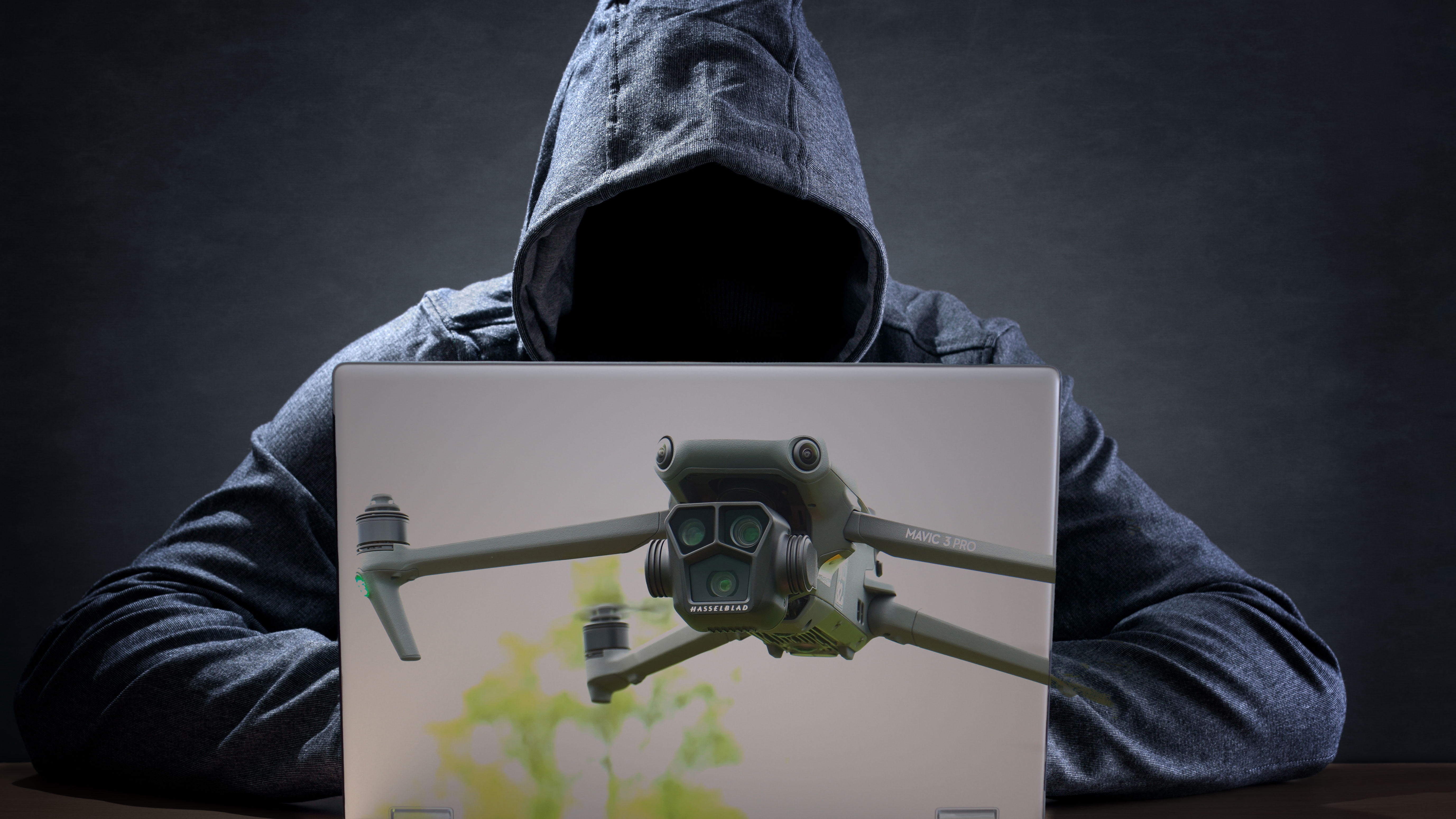
Two different drone pilots in the UK have told community spokesperson Sean Hickey that they have been charged for increasing the radio range of their drones using the so-called "FCC Hack."
If you're unaware, in the specifications of DJI drones you'll find a 'Max Transmission Distance' section with different figures for FCC, CE, SRRC, and MIC. For the Mavic 3 Pro, for example, the FCC is 15km while CE and all the others are 8km. The Mini 4 Pro spec sheet shows 20km and 10km. FCC refers to the American Federal Communication Commission's approval region, while CE refers to the European region (a standard the UK accepts and enforces).
The measurements are in kilometres, and the disparity stems from the strength of the radio signal. The FCC allow different strength of signal than the UK.
Seeing this difference understandably causes plenty of DJI users outside the FCC region to want to switch settings and improve their radio range. This may appeal to those looking to fly further than they can reasonably see their drone (another breach of UK law), or it might be because they wish to fly between obstacles like abandoned buildings and want the maximum possible signal strength – crucial for FPV.
Making changes to the firmware outside official updates would invalidate a commercial pilot's insurance, but since it poses little other risk and was seen by many hobbyists, especially in FPV, as a sensible move. The boosted radio does have the potential to interfere with others and now, it seems, OFCOM – the regulator of radio frequencies in the UK – seems to be striking back.
As it happens, both pilots Sean Hickey refers to (he is a reliable source, even though he does not name them) were caught for separate breaches of the rules. The 'hacking' issue was discovered by the police during their investigation. Hickey talks about his own thoughts on the matter on his YouTube channel Geeksvana.
In other words, the pilots had acted badly enough to draw attention, and in the ensuing investigation the police have opted not just to charge them for the initial rule break but to find additional issues. Once the drone has been confiscated for investigation it is, of course, easy to detect if you know what to look for as, it seems, the police in the UK now do.
The 'hack' can clearly be presented to a court as evidence of a pattern of deliberately negligent behaviour, since the manufacturer's default settings stick to the UK limit of 25mW of transmission power. OFCOM have the power to fine people on a scale starting at £1,000 – and with no limit!
The value, incidentally, of the frequencies that drones are controlled on are – as OFCOM frequency studies show – are expected to be a big part of OFCOM's income in the near future from long-range commercial drone use – something they will of course have a lot of incentive to enforce.
Personally, I don't see the need to use 'the FCC hack' in the UK, but I do more aerial photography than FPV. For honest FPV pilots, a bit more signal strength does have its merits and I understand why they might be tempted. The lesson, though, is that police are more likely to take drones than before, and are more technically aware than in the past. Something like the hack – even if made with the best of intentions – will not suggest you're instinctively law abiding in any investigation.
Most of the drones on our guide to the best camera drones have more than enough range, even in CE configuration.







